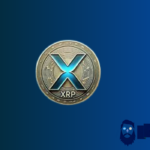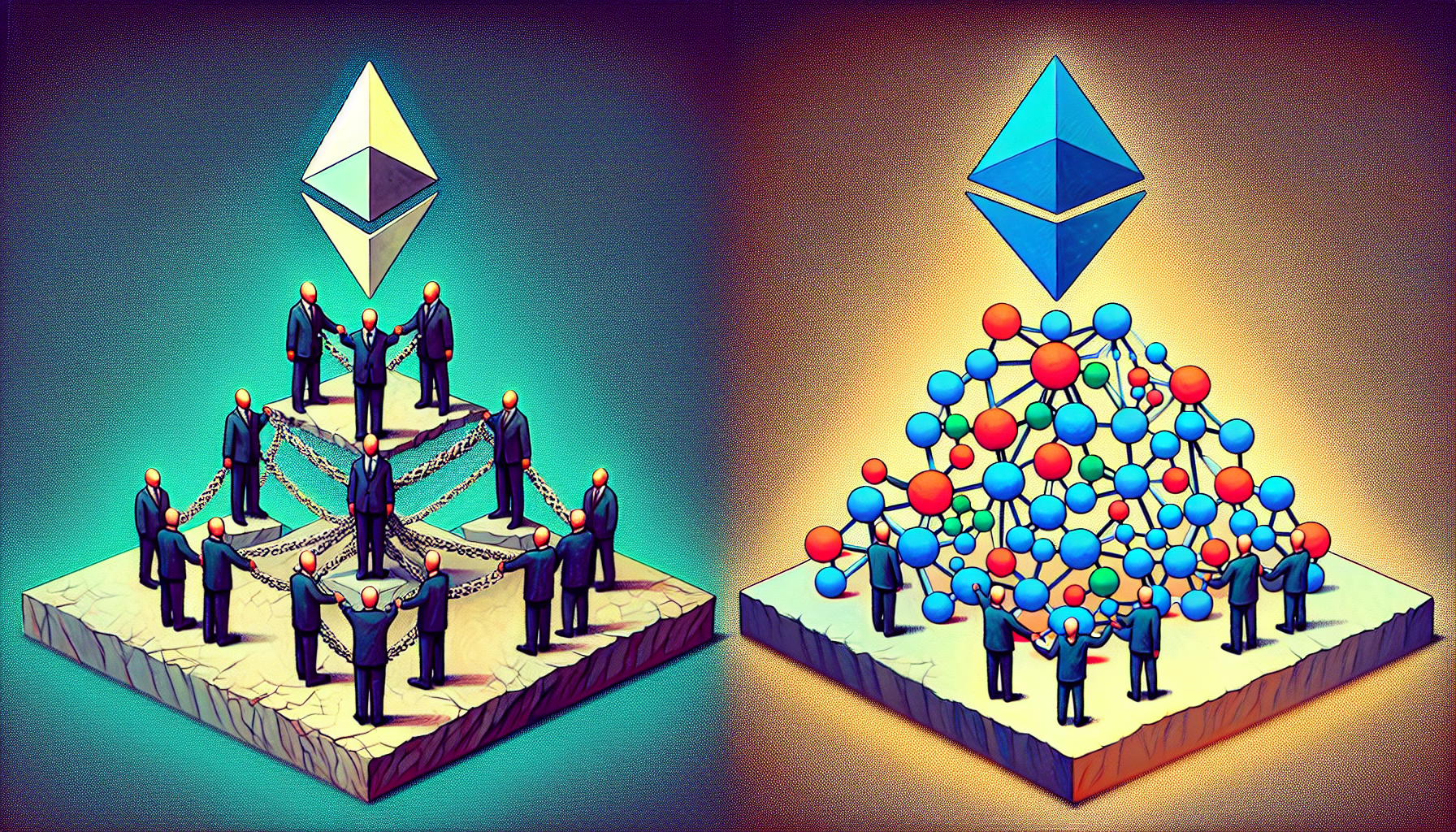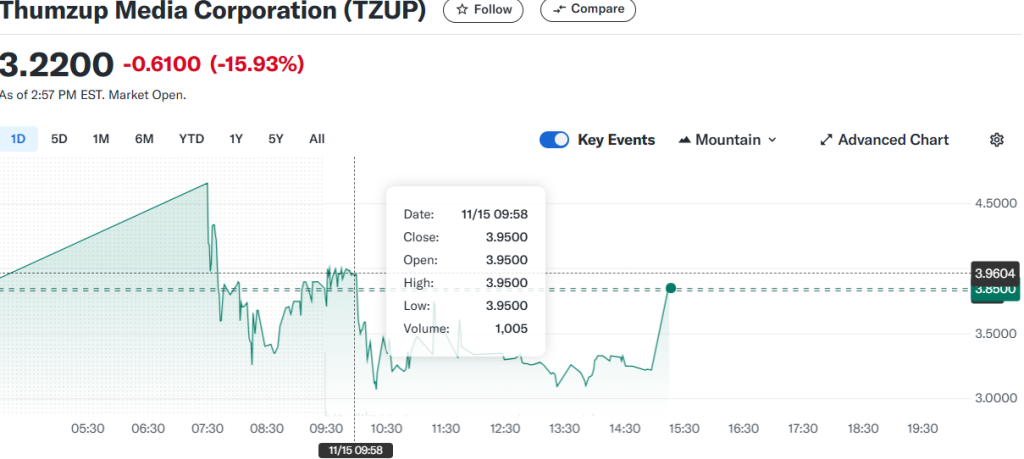
Key Points
- Charles Hoskinson criticizes Ethereum’s governance, likening it to a dictatorship centered around Vitalik Buterin.
- Cardano’s upcoming Voltaire-era governance model aims to balance efficiency and democracy, avoiding Bitcoin’s anarchy and Ethereum’s centralization.
Charles Hoskinson, co-founder of Cardano (ADA), recently sparked a debate by criticizing the governance structure of Ethereum (ETH).
Ethereum’s Centralization Concerns
Hoskinson expressed concerns about Ethereum’s reliance on its co-founder Vitalik Buterin for guidance, describing it as a “dictatorship”.
Cardano’s Governance Model
In contrast, Hoskinson highlighted Cardano’s upcoming Voltaire-era governance model. He believes this model will promote a more decentralized and democratic framework, avoiding both authoritarianism and the “anarchy” associated with the Bitcoin (BTC) model.
Hoskinson’s comments have initiated new discussions about the divergent paths of these leading blockchain projects. He questioned the future of Ethereum if Buterin were to be removed from the equation.
Ethereum’s Roadmap Criticized
Hoskinson argued that Buterin heavily influenced the Ethereum roadmap by shifting its focus from sharding-based optimizations to a reliance on rollups and layer-2 solutions for scalability. This shift has been criticized recently, with many believing it has unintentionally empowered “extractive L2s”, leading to a decrease in both fee revenue and activity on the Layer 1 network.
This has raised concerns about the long-term sustainability and health of the Ethereum ecosystem. However, it’s important to note that while Buterin’s vision significantly shapes Ethereum, he does not have total control over the decentralized network.
Cardano’s Solution
Cardano’s innovative governance model aims to address the “governance trilemma” of efficiency, effectiveness, and integrity. This is achieved through the implementation of delegated representatives and a member-based organization called Intersect. This simplifies complex governance issues for community voting, ensuring a more democratic and participatory approach.
Hoskinson stated, “If you have those three things, then you have a fair shot of avoiding the anarchy of Bitcoin or the dictatorship of Ethereum, and you actually have something that can move forward with one voice, but it’s still decentralized at the end of the day because it represents everybody.”








